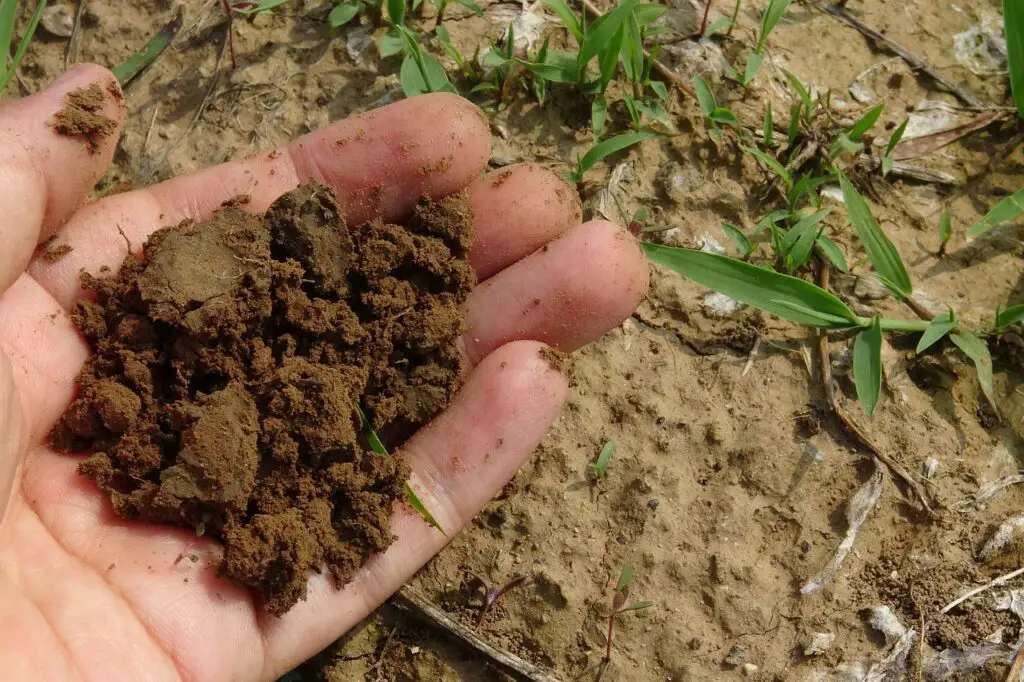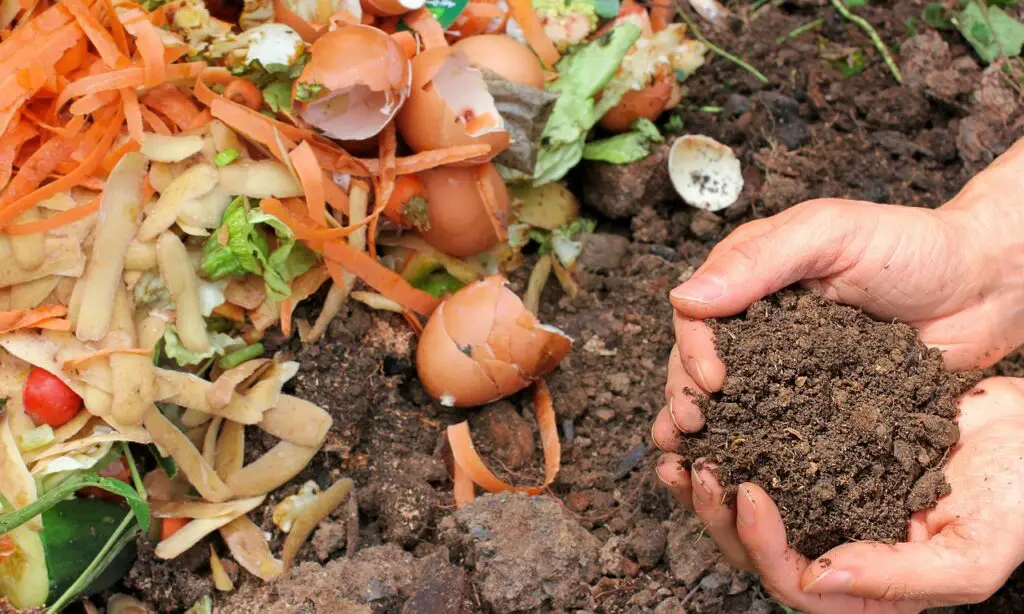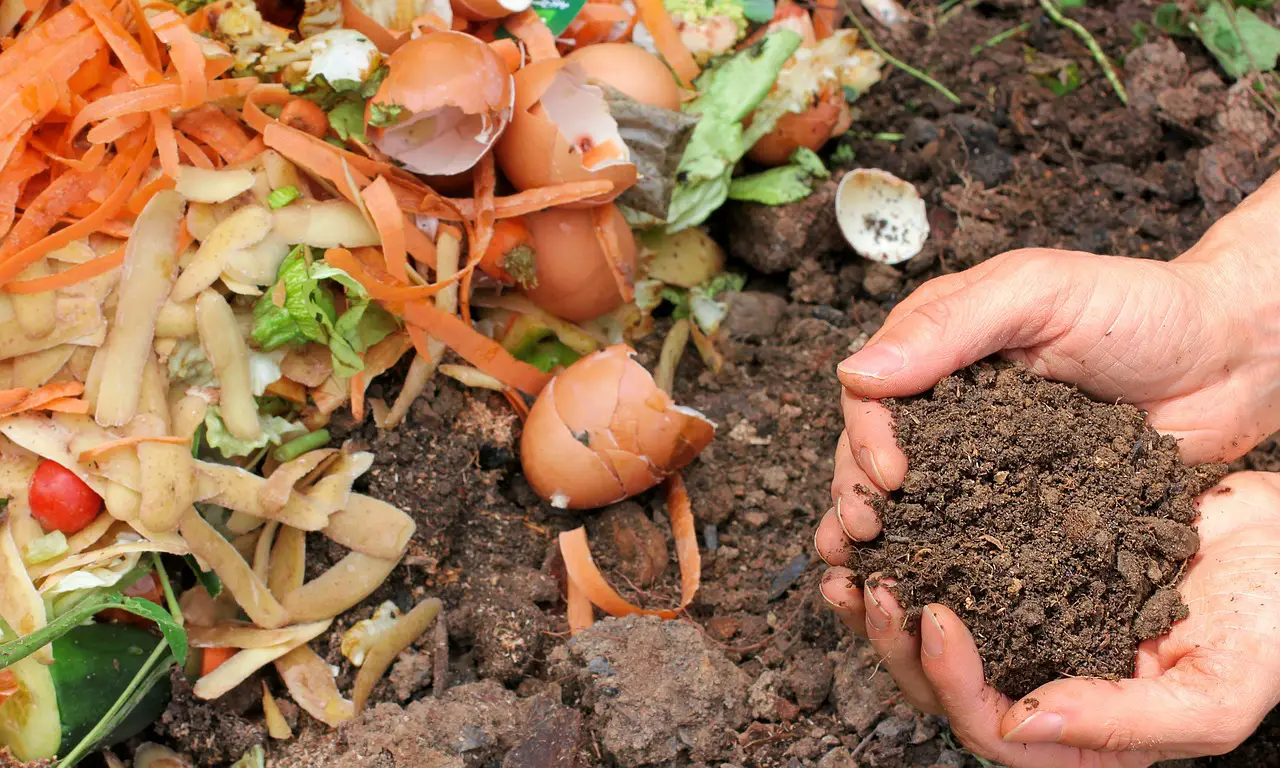If you’re looking to get the most out of your vegetable garden, then you need to make sure you’re using the best fertilizers. In this comprehensive guide, we’ll cover the best organic and inorganic fertilizers for a veggie garden, as well as the optimal time to fertilize. By following our tips, you’ll be able to create a bountiful harvest that will keep your family fed all year long!

The best organic fertilizers for a vegetable garden.
Compost is the decomposed remains of organic matter, such as leaves, grass clippings, and vegetable scraps. It adds essential nutrients to the soil, including nitrogen, phosphorus, and potassium. It also helps improve soil texture and drainage. Compost can be made at home or purchased from a garden center or nursery.
Manure.
Manure is another excellent organic fertilizer for a vegetable garden. It provides nutrients, including nitrogen, phosphorus, and potassium, that help plants grow healthy and vigorous. Manure also helps improve soil texture and drainage. Manure can be made at home or purchased from a farm supply store or nursery.
Blood meal.
Blood meal is a dried, powdered form of blood that is high in nitrogen. It is an excellent fertilizer for leafy greens and other vegetables that need lots of nitrogen to produce abundant foliage. Blood meal can be purchase from a garden center or nursery.
Bone meal
Bone meal is a dried, powdered form of animal bones that are rich in phosphorus and calcium. It is an excellent fertilizer for root crops such as potatoes and carrots, as well as flowering plants such as roses and annuals. Bone meal can be purchased from a garden center or nursery.
The best inorganic fertilizers for a vegetable garden.
Ammonium sulfate is one of the most popular inorganic fertilizers for vegetable gardens. It is a source of both nitrogen and sulfur, two essential nutrients for plants. Ammonium sulfate is relatively inexpensive and easy to find in garden stores. However, it can be acidic, so it is important to test your soil before using it.
Urea.
Urea is another popular inorganic fertilizer for vegetable gardens. It is a high-nitrogen fertilizer that can be used to promote leafy growth in plants. Urea is relatively inexpensive and easy to find in garden stores. However, like ammonium sulfate, it can be acidic, so it is important to test your soil before using it.
Potassium sulfate.
Potassium sulfate is a potassium-rich fertilizer that also contains sulfur. It can be used to promote fruiting and flowering in plants. Potassium sulfate is somewhat more expensive than ammonium sulfate or urea, but it is still widely available in garden stores.
Superphosphate.
Superphosphate is a phosphorus-rich fertilizer that can be used to promote root growth in plants. It is also sometimes used as a starter fertilizer for new plantings. Superphosphate is relatively inexpensive and easy to find in garden stores.

The best time to fertilize a vegetable garden.
The best time to fertilize a vegetable garden is in the spring, before the plants start to grow. This will give them the nutrients they need to grow strong and healthy. You can use any type of fertilizer, but organic ones are best.
Summer.
Summer is also a good time to fertilize your vegetable garden, as the plants will be growing rapidly and need all the nutrients they can get. Apply fertilizer every few weeks during the summer growing season.
Fall.
Fall is a good time to fertilize your vegetable garden if you didn’t do it in the spring or summer. The plants will be preparing for winter and need all the nutrients they can get to survive the cold months ahead.
Winter.
Winter is not a good time to fertilize your vegetable garden, as the plants will be dormant and won’t need extra nutrients. However, you can apply a slow-release fertilizer in late fall or early winter, which will provide nutrients throughout the winter and into early spring when the plants start growing again.
Conclusion
As we have seen, there are many different types of fertilizers that can be used to help a vegetable garden grow. However, not all fertilizers are created equal. Some fertilizers, such as compost and manure, are better for the environment because they add organic matter back into the soil. Other fertilizers, such as blood meal and bone meal, are high in nitrogen and can help to promote leaf growth. Inorganic fertilizers, such as ammonium sulfate and urea, are also effective but should be used sparingly due to their potential negative impact on the environment.
The best time to fertilize a vegetable garden is in the spring, before planting. This gives the plants a chance to take up the nutrients they need to get started. Summer is also a good time to fertilize, as this helps the plants continue to grow throughout the season. Fall is a good time to fertilizer because it helps the plants prepare for winter. Winter is not generally considered a good time to fertilizer because most plants are dormant during this time.
No matter what type of fertilizer you choose or when you apply it, remember that too much fertilizer can be just as harmful as too little. It is important to follow the instructions on the package and only apply as much fertilizer as your plants need.

